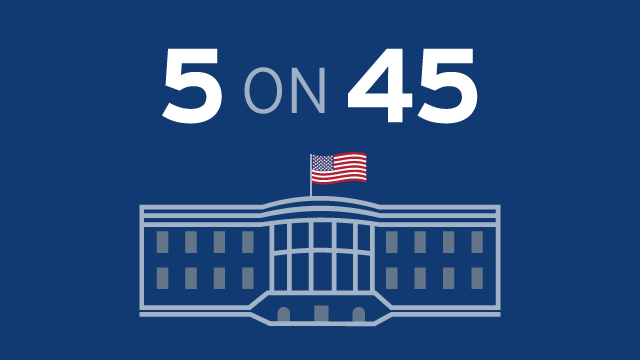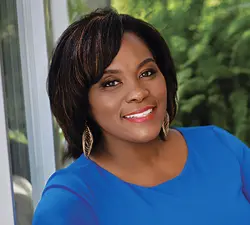Governance Studies Fellow Nicol Turner-Lee connects the microaggressions against African Americans documented by the hashtag #LivingWhileBlack to the historical use of lynching in America.
Related content:
#LivingWHileBlack- A new normal or history repeating itself?
Can white supremacy be legislated under Trump?
Addressing racial bias in the online economy
Subscribe to Brookings podcasts here or on iTunes, send email feedback to [email protected], and follow us and tweet us at @policypodcasts on Twitter.
The Brookings Institution is committed to quality, independence, and impact.
We are supported by a diverse array of funders. In line with our values and policies, each Brookings publication represents the sole views of its author(s).




Commentary
PodcastWhy #LivingWhileBlack Matters
May 18, 2018
Listen on
5 on 45 Podcast